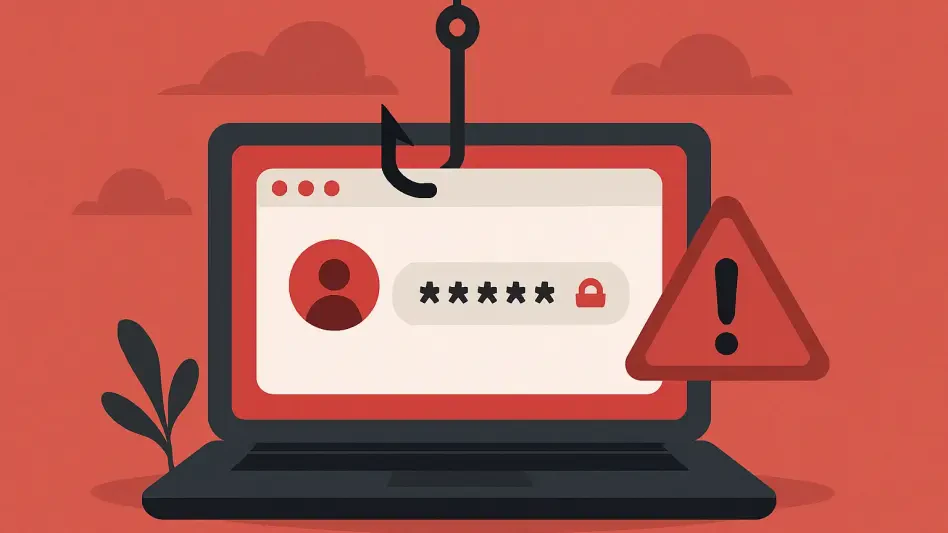In the realm of pet ownership, ensuring the safety and security of beloved companions is of the utmost priority. However, a recent menace has emerged that puts pet microchip security at risk: scam emails targeting UK pet owners. These scams, masquerading as official alerts about microchip registration expiration, have raised alarms about potential vulnerabilities within the pet microchip industry. This threat highlights critical concerns, offering a glimpse into the current state of the UK pet microchip industry—a sector marked by its widespread acceptance and regulatory complexities.
Overview of the UK Pet Microchip Industry
The microchipping of pets has seen significant adoption within the UK, driven by mandatory requirements for dogs and the increasing awareness of its benefits among pet owners. Registries play a crucial role, functioning as databases that link a pet’s microchip number with the owner’s contact information. Key players in this market include authoritative entities managing expansive databases, with the industry experiencing notable growth.
The regulatory environment is characterized by various framework implementations overseen by government bodies. In the UK, DEFRA (Department for Environment, Food & Rural Affairs) plays a pivotal role, setting standards that registries must meet for approval. However, there is no uniform standard across all databases, leading to varying degrees of data security.
Current Trends Impacting the Industry
Emerging Concerns with Scam Emails
Recent reports indicate a surge in scam emails targeting UK pet owners, exploiting vulnerabilities within microchip record databases. The scammers employ tactics such as imitating official contacts, demanding bogus renewal fees, and personalizing emails with pet-specific information, stirring concerns regarding data breaches or unauthorized data access. This wave of fraudulent activity underscores the critical need to strengthen security measures within the industry.
Industry Data and Future Outlook
Despite challenges, the microchip registration market has shown consistent growth, with a growing number of pet owners recognizing the importance of microchipping. Performance indicators project continued expansion, supported by technological advancements. However, addressing security vulnerabilities remains a pivotal aspect of maintaining consumer trust and ensuring sustainable industry growth.
Challenges in Ensuring Pet Microchip Security
Technological advancements have propelled the microchip industry forward, yet vulnerabilities persist within databases housing this crucial data. Issues such as shared login credentials and lack of multi-factor authentication create opportunities for malicious actors to gain unauthorized access. Compounding this is the variability in regulatory standards, which results in inconsistent data protection measures. Addressing these concerns requires the implementation of robust security protocols that limit data access and ensure the integrity of microchip registries.
Regulatory Landscape and Compliance
DEFRA plays a crucial role in overseeing the microchip registry approvals in the UK. With approved databases, there is an anticipation of adherence to stringent security measures. However, the absence of universal standards means compliance varies significantly, leaving gaps that could be exploited by scammers. The regulatory landscape is evolving, prompting industry stakeholders to augment their practices to meet new challenges and regulatory requirements effectively.
Future of the UK Pet Microchip Industry
The trajectory of the UK pet microchip industry is poised for innovation and transformation. Advancements in microchip technology promise improved features, further entrenching their adoption. Potential disruptors in the market include the emergence of alternative pet identification methods and shifting consumer preferences. These elements, combined with proactive security enhancements, are expected to drive the industry’s evolution and sustained growth.
Conclusion and Recommendations
The analysis has underscored critical vulnerabilities within the UK pet microchip industry, brought to light by the surge of scam emails. These fraudulent activities have challenged the industry’s data security measures, prompting a reassessment of existing practices. Efforts to mitigate risks should focus on implementing standardized security protocols and enhancing user authentication methods. For pet owners, increased vigilance and verification of any renewal notifications are essential. Together, these steps aim to bolster trust and security within the industry, ensuring the protection of both pets and their owners.








